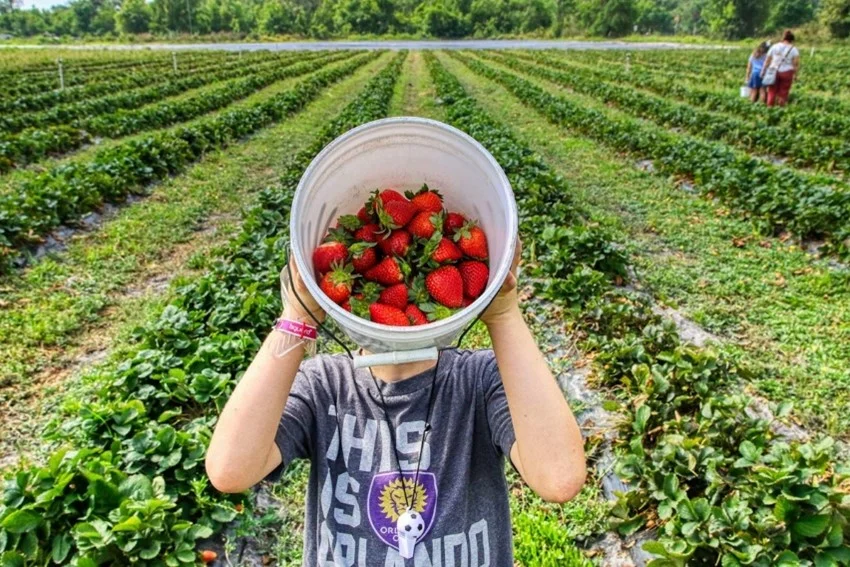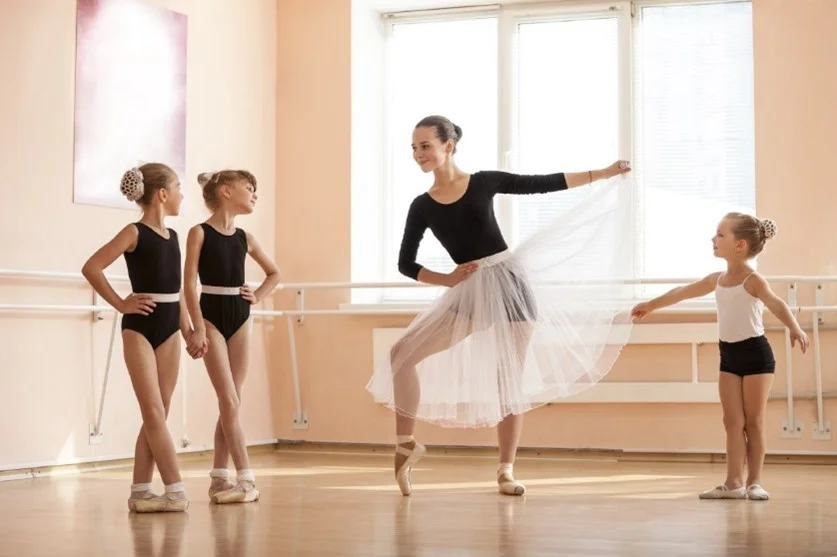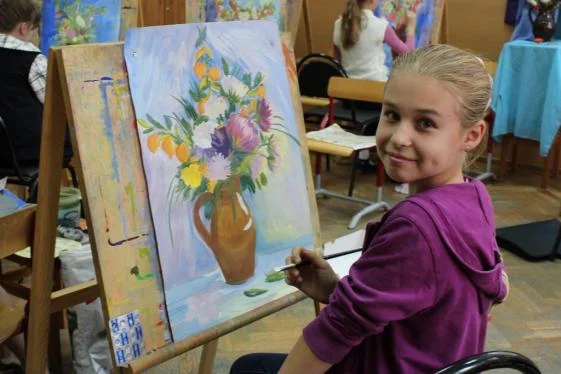Task 1
Imagine that you are preparing a project with your friend. You have found some interesting material for the presentation and you want to read this text to your friend. You have 1.5 minutes to read the text silently, then be ready to read it out aloud. You will not have more than 1.5 minutes to read it.
A Plastic Ocean is a film to make you think. Think, and then act. We need to take action on our dependence on plastic. We have been producing plastic in huge quantities since the 1940s.
The film begins as a journey to film the largest animal on the planet, the blue whale. During the journey the filmmakers make the shocking discovery of a huge, thick layer of plastic floating in the middle of the Indian Ocean.
It’s very clear that a lot of research went into the film. There are amazing shots of the seas and marine life. It was filmed in 20 locations around the world to document the global effects of plastic pollution and introduce workable technology and policy solutions that can change things for the better. The message about our use of plastic is painfully obvious. Once you’ve seen A Plastic Ocean, you’ll realise the time is now and we all have a role to play.
Task 2
Study the advertisement.
Apply for a rewarding seasonal job with competitive pay!

You are considering applying for a seasonal job, enjoying an agritourism experience, and now you’d like to get more information. In 1.5 minutes you are to ask four direct questions to find out about the following:
- farm location
- jobs available
- hours of work
- accommodation and facilities
You have 20 seconds to ask each question.
Task 3
You are going to give an interview. You have to answer five questions. Give full answers to the questions (2–3 sentences). Remember that you have 40 seconds to answer each question.
Tapescript for Task 3
Interviewer: Hello everybody! It’s Teenagers Round the World Channel. Our guest today is a teenager from Russia and we are going to discuss approaches to handle conflicts and disagreements. We’d like to know our guest’s point of view on this issue. Please answer five questions. So, let’s get started.
Interviewer: Do you ever have arguments or disagreements with your friends? If so, what usually causes them?
Student: _________________________
Interviewer: In your personal relationships, what actions do you take to prevent conflicts?
Student: _________________________
Interviewer: When you have a disagreement with a family member over something important to you, how do you typically handle it?
Student: _________________________
Interviewer: When working on group projects, how would you ensure that disagreements are minimised or avoided?
Student: _________________________
Interviewer: What are some common conflicts between parents and teenagers, in your opinion?
Student: _________________________
Interviewer: Thank you very much for your interview.
Task 4
Imagine that you and your friend are doing a school project “After-school activities”. You have found some photos to illustrate it but for technical reasons you cannot send them now. Leave a voice message to your friend explaining your choice of the photos and sharing some ideas about the project. In 2.5 minutes be ready to:
- explain the choice of the illustrations for the project by briefly describing them and noting the differences;
- mention the advantages (1–2) of the two after-school activities;
- mention the disadvantages (1–2) of the two after-school activities;
- express your opinion on the subject of the project – which of these extracurricular activities you’d prefer and why.
You will speak for not more than 3 minutes (12–15 sentences). You have to talk continuously.

